Can I have a child with HIV?
Mother-to-child transmission is one of the three major ways of spreading AIDS, so many people think that it is better for women infected with AIDS not to have children, but according to the State Council's regulations on AIDS management, HIV-infected people have the right to go to school, to be employed, to get married and to have children.
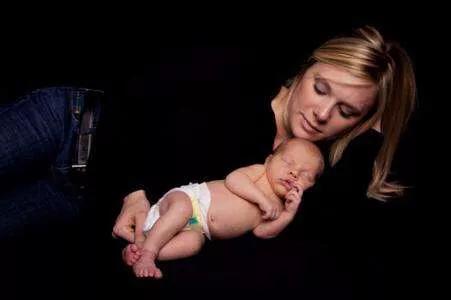
In 2017, at the National Work Promotion Meeting on Prevention of Mother-to-Child Transmission of HIV, Syphilis and Hepatitis B held by the Department of Maternal and Child Health Services of the National Health and Family Planning Commission (NHFPC), Qin Geng, Director of the Department of Maternal and Child Health Services of the NHFPC, introduced that the prevention of mother-to-child transmission of HIV, syphilis, and Hepatitis B had been extended to the whole country since 2015, with the rate of maternal testing constantly increasing, and the comprehensive interventions being fully implemented. We have reason to believe that the risk of mother-to-child transmission will become lower and lower, as the probability of mother-to-child transmission is far lower in many healthcare organizations we know of.
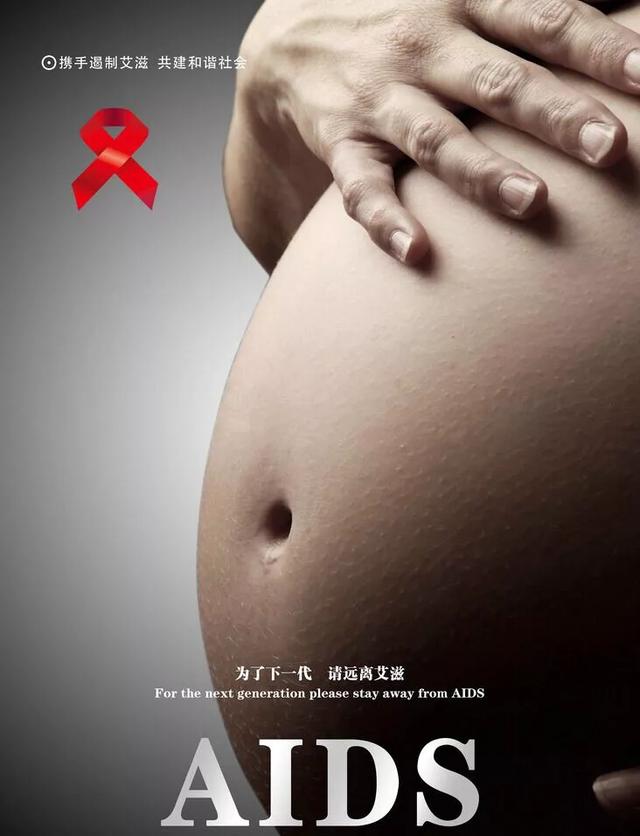
In 2016, the national rate of mother-to-child transmission of HIV dropped to 5.7%, and new infections in children have decreased year by year. Considering the current situation of uneven medical counseling in China, under the guidance of formal medical institutions in large cities, the probability of mother-to-child transmission of HIV is below 2%, and if compliance is good, it basically will not be transmitted to the next generation.
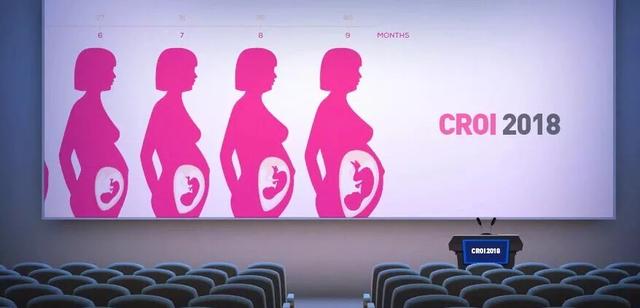
If a male infected person has reproductive requirements, it is sufficient to achieve non-transmission to the female partner, as there is no father-to-child transmission. It is also not very difficult for a male infected person not to transmit HIV to a female, as there are reliable measures to achieve pregnancy without transmitting HIV through antiretroviral therapy under the supervision of a doctor and the use of pre- and post-exposure blocking prophylaxis. The difficulty, of course, is finding such a willing woman, all with her knowledge.
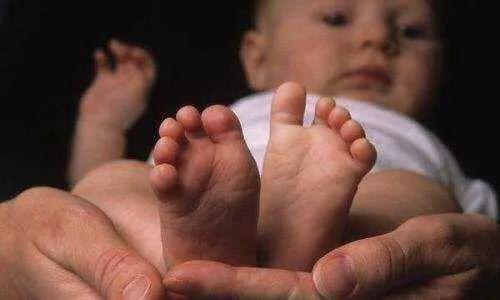 To realize such a wish, of course, we must work hard to improve ourselves, not to give up on ourselves, listen to the doctor's guidance, take active treatment, take medication and review on time, work hard, and give the best to ourselves and our families and society.
To realize such a wish, of course, we must work hard to improve ourselves, not to give up on ourselves, listen to the doctor's guidance, take active treatment, take medication and review on time, work hard, and give the best to ourselves and our families and society.
There are no technical barriers to having a healthy child, whether the woman is a carrier or the man is a carrier, or in a double-positive family, go to the CDC, where you'll be professionally instructed and monitored regularly until you have a child. The probability of a child being negative is very high, close to 100%.
But wait, the infected person is already with the disease body, life-long medication, and may even one day there will be a variety of complications, have a child will be very stressful, for the rich patient is okay, but for the general public I think it is still in the discretion, contact a infected person, he infected after his wife had to give him a child, and then they went to the hospital, the first child was born nine days dead, spent nearly 100,000 yuan! The first child died nine days after birth, at a cost of nearly 100,000 yuan, and was not willing to, the second slight polio, now six years old, some infected people themselves have low resistance, the children born instantly no hiv. will also be relatively weak.
Not to mention the fact that when he grows up, he will have to bear more than others, what other parents can give, or you can no longer give, because you will certainly be difficult to protect yourself, now the situation of taking medication for 20 years, although possible, but then you can ensure that you will not have other complications, you will become a burden to your child, how can you bear it in your heart, so my friend, have you thought about it?
First of all you are healthy can you accept a partner who carries the virus? Some are men and women friends confused infected, such people live their own happy life on it, some are blood or other ways unintentionally infected, the most aggravating, but their own life has been aggravating, in the absence of 100% certainty that can protect the baby why bother to let their babies suffer from aggravation and discrimination!

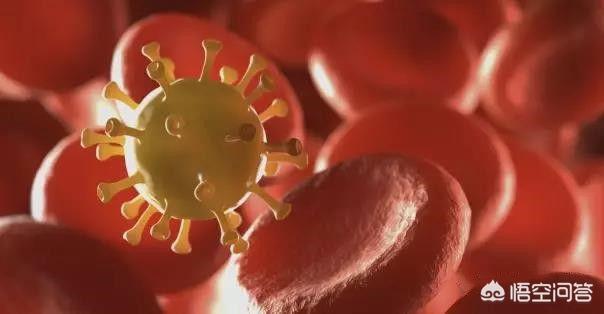


Twins Overseas Health Management IVF wishes pregnancy!
This question and answer are from the site users, does not represent the position of the site, such as infringement, please contact the administrator to delete.